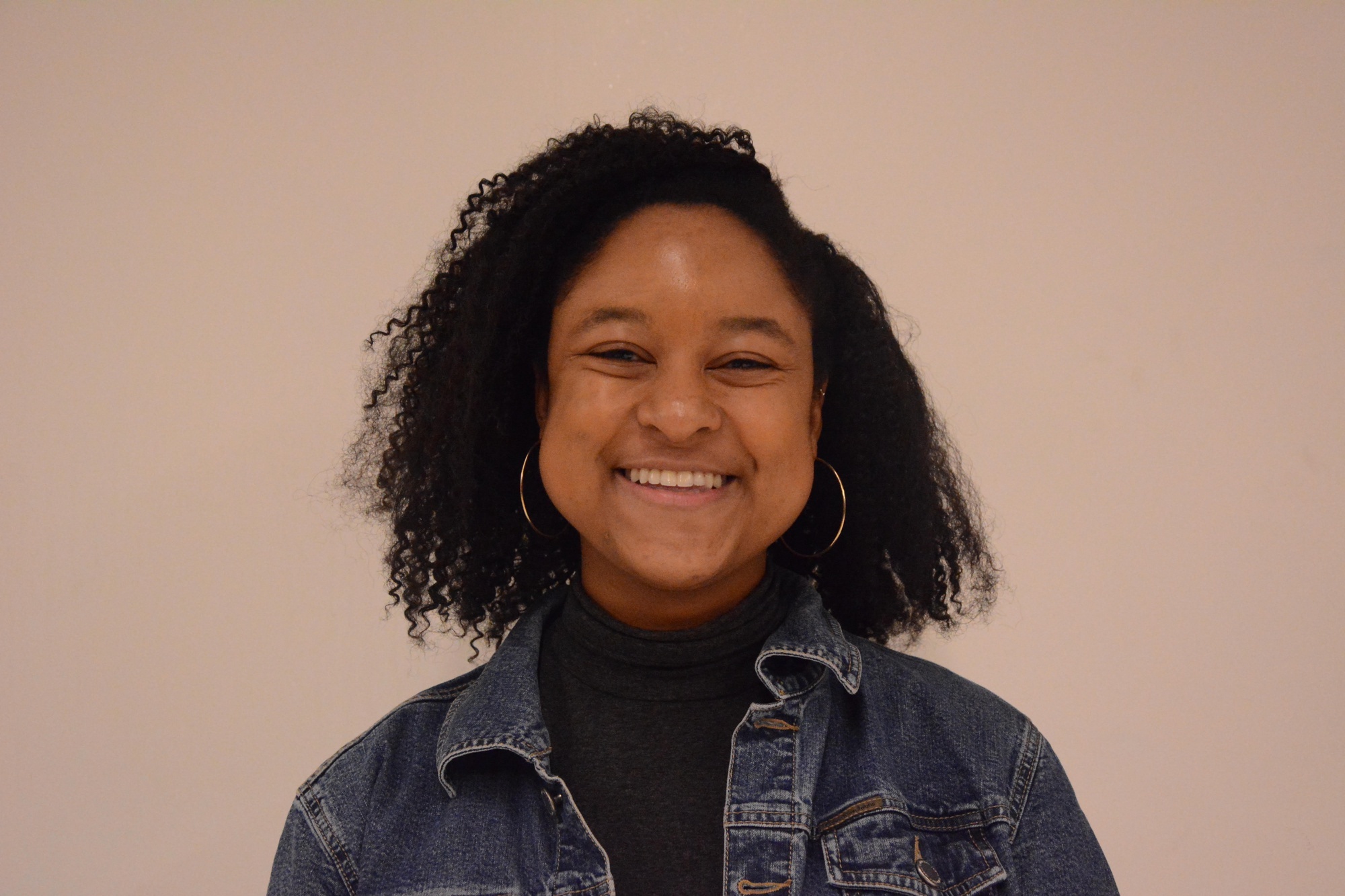
The Word: Citizen
Through the phone, my dad tells me that the surge of confidence he felt after acquiring an American passport cannot be put into words. For him, it symbolized an unbelievable hope: that if you work hard and follow the law, one fine day you might become a citizen of the Greatest Country In The World,™ entitled to its full protection and recognition before the law.
I once viewed such thinking as idealistic, ignorant of the founding oppression propping up those ideals. I worried that such statements were overly performative, that they stemmed from a common worry among new Americans that criticism of country will be perceived as unpatriotic.
Now, scrolling through my newsfeed, I watch videos of protesters cheering at airports in Boston, Cleveland, or Dallas. Videos of friends, sisters, and spouses reunited and professing their renewed belief in these ideals—and they move me. When I ask my dad for more detail, he tells me that it is the specific freedoms of a private citizen—freedom from fear (of deportation), from constraint, from voicelessness—that inspire such confidence and hope.
I once thought, rather cynically, that being American meant lost mother tongues, a disconnect from the landscape (that was never ours to begin with), isolated dwelling in suburban Georgia or Minnesota or Texas or—if you’re lucky—diverse, bustling cities.
I thought that American citizenship was commodity and immigration law was transaction. We are stunned by countries, such as Malta and Cyprus, that barter citizenship to the wealthy, but right here in the USA you can purchase a permanent residency for a set price. Millions compete in the “Green-Card Lottery” for a mere 50,000 spots.
A few weeks ago, it was reported that Wole Soyinka, Nobel Prize-winning writer and activist, had followed through with his pledge to renounce, and physically destroy, his Green Card if Donald Trump won the presidential election. My dad dismissed this action as radical “but courageous.” But according to The Atlantic, it was more than just a theatrical exercise in radicalism. In terminating his path to citizenship, Soyinka says, he “delivered [him]self from uncertainty, from discomfort, from internal turmoil.”
Soyinka’s plan was to return to Abeokuta, the Nigerian city where he grew up, to join in solidarity with what he called “the colony of outsiders,” the expanding group of people that emerging nationalism in the US and Europe seeks to exclude. It’s hard for me to put into words how much I share that desire to return to somewhere else (to where, I don’t know, as the U.S. is my only home).
My dad, on the other hand, tells me he still firmly believes in the viability of the American project, that going “back home” is not an option. “The U.S. is a beacon,” he says. “I don’t know how else to say it.”
And it remains a beacon of light for him—despite the fact that almost every week since the election, before driving to work, he has wiped down his car after someone decorates it with smashed eggshells and yolk. No one in our family agrees on the exact intention of the vandalism, which identity it means to denigrate, or whether the vandals’ motivations are political or personal.
My brother and I want to catch them in the act, but my dad warns against this. He refuses to notify the police (“we never involve them”), installing cameras and a new alarm system instead, not to trap and turn them in as my brother and I encourage—he would never do that—but for something else. I think he’s keeping watch, waiting for some sort of an understanding, keeping the porch light on as his own private beacon.


